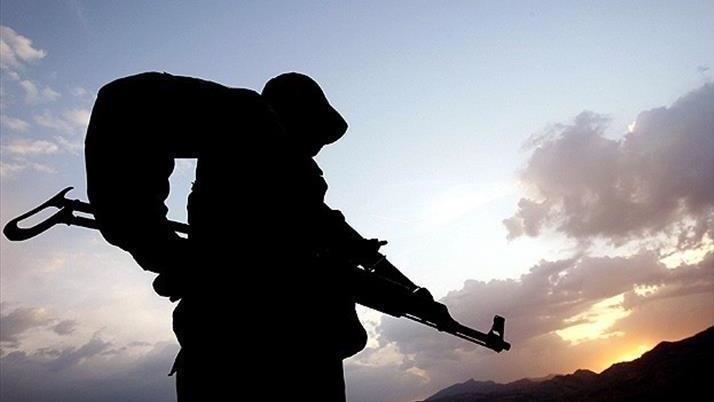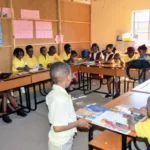In a dramatic turn of events, Benin’s political landscape has been shaken by the arrest of three prominent figures on suspicion of orchestrating a coup. Among the individuals detained are former Sports Minister Oswald Homeky, Colonel Djimon Dieudonne Tevoedjre, the head of President Patrice Talon’s Republican Guard, and businessman Olivier Boko. The arrests, confirmed by the state prosecutor, have drawn widespread attention and concern about the stability of the small West African nation.
According to the prosecutor, Oswald Homeky was apprehended on Tuesday while handing over six bags of money to Col. Tevoedjre, in what authorities believe was a bribe to ensure the military’s non-resistance to a coup planned for the upcoming Friday. The exchange, which took place under the guise of a security meeting, is being investigated as part of a broader conspiracy to unseat President Talon’s administration. Col. Tevoedjre, tasked with overseeing the President’s security, is alleged to have been bribed to stand down during the execution of the planned takeover.
Also implicated in the plot is businessman Olivier Boko, a close associate of President Talon. Boko, who has recently expressed political ambitions, was taken into custody under circumstances that his legal team and supporters have described as an “abduction.” They have called for his immediate release, accusing the government of politically motivated repression. Boko’s arrest has sparked controversy, with his allies claiming that the allegations are part of a wider attempt to suppress potential political challengers ahead of the 2026 elections.
Benin, once lauded as a beacon of democracy in West Africa, has faced increasing criticism from rights groups over what they describe as a drift toward authoritarianism under President Talon. Since taking office in 2016, Talon has consolidated power, raising concerns about the state of democratic governance in the country. Critics argue that political freedoms have been curtailed, opposition leaders silenced, and civil society restricted under his leadership.
While President Talon has publicly declared that he will not seek a third term in the upcoming 2026 elections, the recent arrests have cast a shadow over the country’s political climate. Opposition groups claim that the government is using state institutions to neutralize potential threats to Talon’s rule, a charge the government vehemently denies. The allegations of a coup plot come at a time when the broader West and Central African regions are experiencing a wave of military interventions and political instability.
Since 2020, there have been eight successful military coups and several failed attempts across West and Central Africa, a region grappling with governance challenges, security threats, and economic instability. Nations like Guinea, Burkina Faso, and Mali have all witnessed the toppling of democratically elected governments, raising concerns about a potential domino effect in neighboring countries.
Benin has largely avoided this turmoil, maintaining a reputation for political stability—until now. The unfolding events in Benin have sent shockwaves through the international community, which is watching closely to see how the situation develops.
The prosecutor has indicated that investigations are ongoing to uncover any additional suspects involved in the alleged coup attempt. As details continue to emerge, the case could mark a critical moment in Benin’s political trajectory, testing the resilience of its democratic institutions.
For now, the arrests of high-profile figures such as Homeky, Tevoedjre, and Boko have raised more questions than answers. As Benin prepares for the 2026 elections, the allegations of a coup plot—whether substantiated or not—are likely to intensify the already charged political atmosphere in the country. The coming months will be crucial in determining whether Benin remains on its democratic path or whether it will follow the footsteps of other nations in the region where military coups have disrupted governance and progress.













Leave a comment